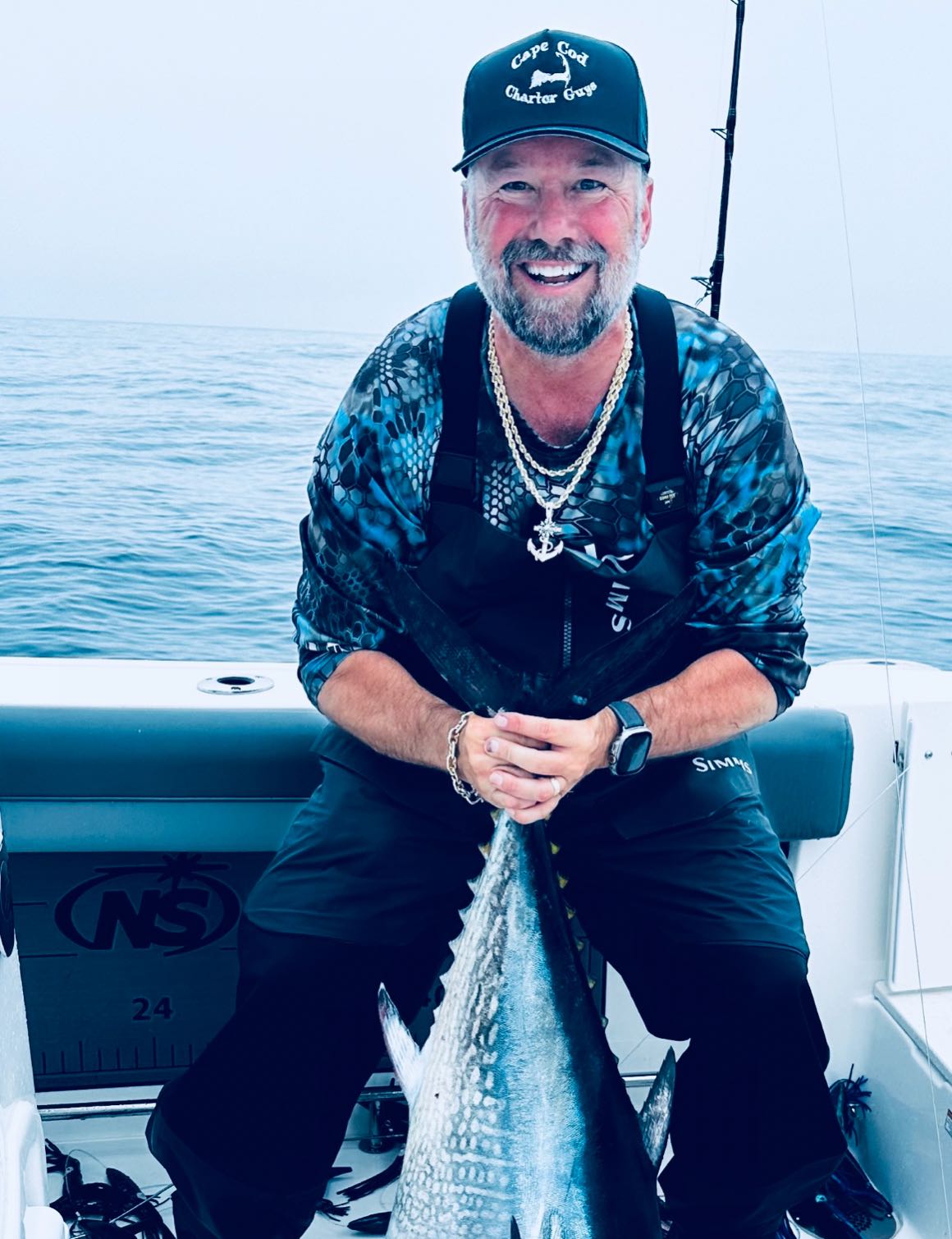What It Takes to Hold a Master Captain’s License
Ross Walkinshaw's guide to becoming a professional Master Captain.
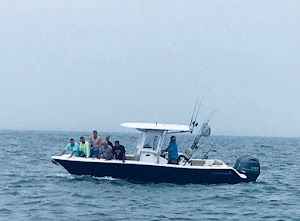
A Guide from Capt. Ross Walkinshaw of Cape Cod Charter Guys
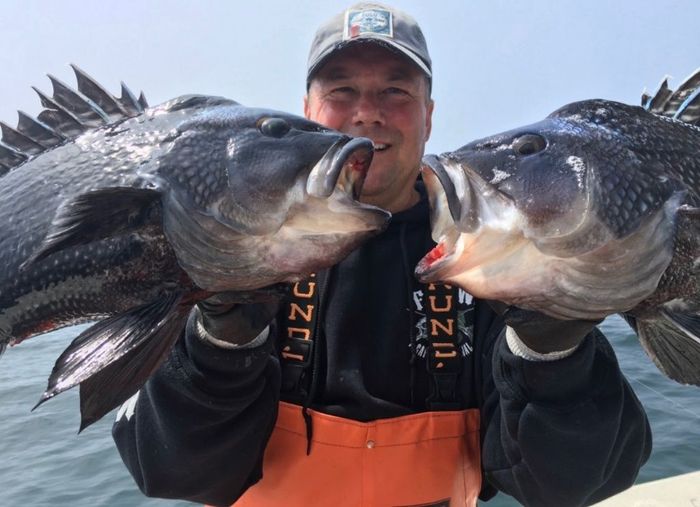
Having a Master Captain’s License is like having a golden seal of approval from the United States Coast Guard. Possessing one means you’ve logged your hours on a boat and are indeed an expert that people can trust.
Why get a Master Captain’s License, or any Boat Captain’s License, for that matter? You don’t necessarily need one as a recreational boater, but if you do have a boat and want to start earning from it, you need to be a licensed captain to legally get paid for your services. If you’re a boat deckhand and want to start moving up the ladder, you’ll need to get the certification as well. Having a Boat Captain’s License opens you up to great possibilities for a career in the merchant marine industry. And if you’re a serious recreational boater, I still strongly encourage getting one, as it lets you brush up on your boating skills, including safety regulations and navigation.
How to Get a Captain’s License
Your first step to getting a Captain’s License is to log hours on a boat — your own or as a part of another boat’s crew, as long as the boat is a registered vessel. If you’re specifically in the fishing industry, you will want to be a deckhand, as working your way from the bottom allows you to understand the operation of the vehicle inside out.

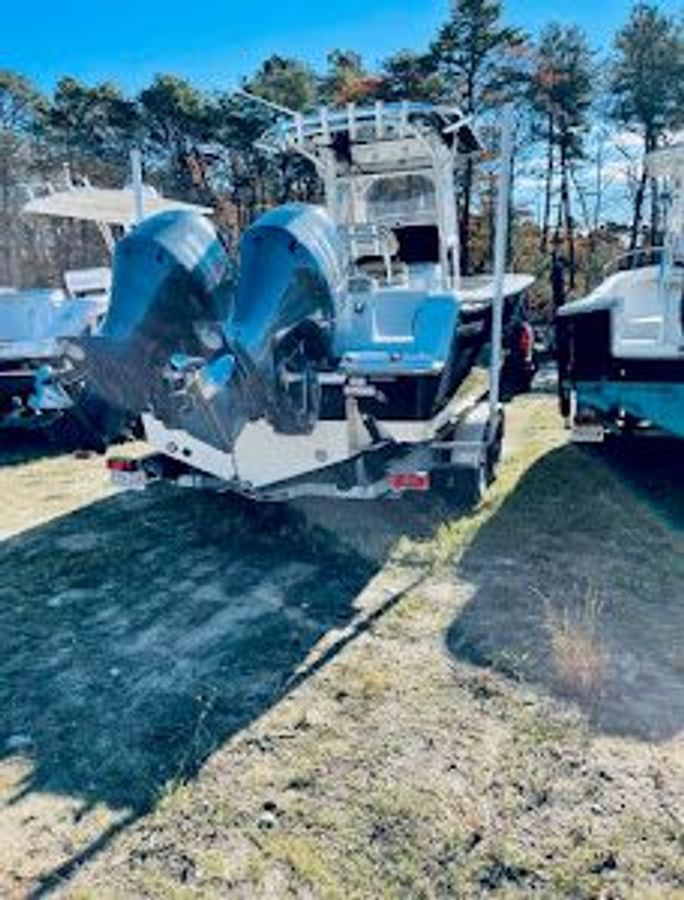
The next step would be to take a US Coast Guard-approved course to prepare for your license exam. There are many maritime schools that offer one. You can study on your own, but I do believe getting a course is helpful, as your school can help you prepare for the exam as well. They provide mock exams and other helpful study tools and resources. Please keep in mind, though, that taking a course is not a guarantee that you will pass the exam. You need to study hard, as the exam will not be easy.
Once you pass the exam, you can now submit an application for your USCG captains license. Your packet should include additional forms and endorsements, which will depend on which captain license you're aiming to qualify for.
Which Type of Captain’s License Do You Need?
There are two types of Boat Captain’s Licenses that you can qualify for. One is the Operator of Uninspected Passenger Vessels or OUPV License, more commonly known as the Charter Boat Captain’s License. The other is the Master Captain’s License - which my mate and I at Cape Cod Charter Guys currently have. The Master Captain’s License is an upgrade of the OUPV License.
So you’re probably wondering — which license should I get?
We suggest starting with the OUPV License before working your way up. The OUPV License allows you to handle an uninspected vessel, meaning it’s less regulated. You have a limit of 6 passengers on your license, which means you can only accommodate 6 passengers on your boat at a time. Another limitation placed on the OUPV License is the route its holder can operate on. It can be inland routes, the Great Lakes, or near coastal water routes.
Once you’ve gathered enough experience on the boat as an OUPV-licensed captain, then you can start preparing for your Master Captain’s License. A Master Captain’s License allows you to operate inspected vessels — which are boats that can hold more than 6 passengers. An inspected vessel — one like the Cape Cod Charter Guys’ boat — has to be built following the strict standards of USCG Commercial Vessel Inspection.

What are the Requirements?
For either license, you need to file an application, undergo a physical exam within 12 months and submit the results of that exam, get a drug test within 6 months of your application, and an approved CPR and First Aid within 12 months.
To qualify for the OUPV License, you need to log 360 days of sea time, with 90 days within the route you’re applying for (inland, inland and Great Lakes, or near coastal). To upgrade to the Master Near Coastal Captain’s License, you need double the amount of sea time (720 days), with 360 of those days near coastal waters or up to 200 miles off the coast of the US. For the Master Inland, you’ll need 360 days of sea time, with 90 rendered on the Great Lakes.
Depending on the license you’re applying for, you may be required to submit certain endorsements. These are proof or evidence of your specific service on a boat.
The licenses must be renewed every five years. To renew, you don’t need to take another written exam. You’ll simply need to submit a renewal application, a physical, and an approved drug test.
Top Tips to Pass the License Exam
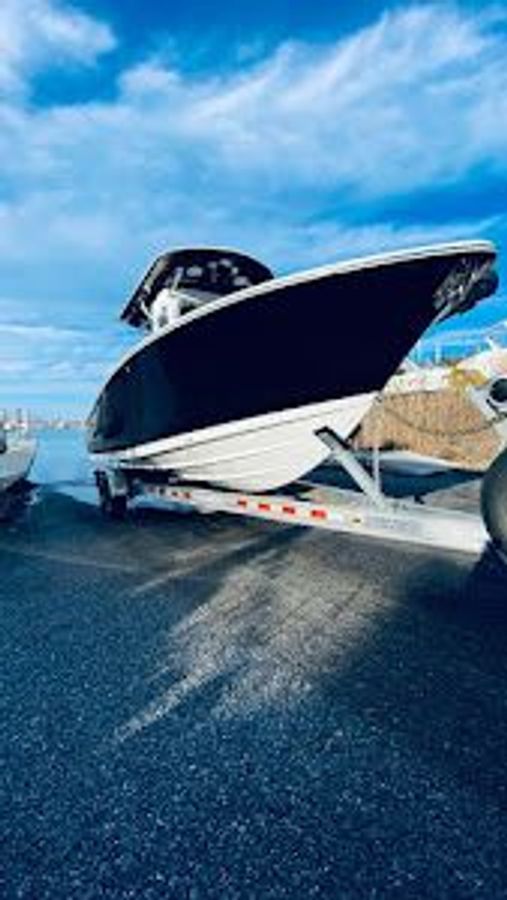
The USCP License exams test you on your knowledge as a potential ship captain. They cover questions on navigation, rules of the road, Marlinspike seamanship, and general deck knowledge. Preparing for the test is indeed the best way to brush up on all these skills, which you will definitely need on deck.
If you ask me what’s the most important step in preparing for the test, I would say — get some experience. Nothing beats practical knowledge and firsthand experience when it comes to boating. It’s the most efficient way to gain confidence and skills — plus, logging hours on a boat is a requirement! But don’t just be there. Study the boat and all the jobs involved in operating a vessel. No amount of rote memorization can help as well as true firsthand experience.
Another tip — get the license course. Make sure it’s a USCG-accredited one. Getting the course gives you access to resources like practice tests. The practice tests will allow you not just to review but also to be more familiar with the test format, which is always helpful when taking standardized tests.
During the test itself, there are references available in the exam room. But take note - the Rules of the Road are not included in those references, so make sure to pay close attention to that module.
Key Takeaways
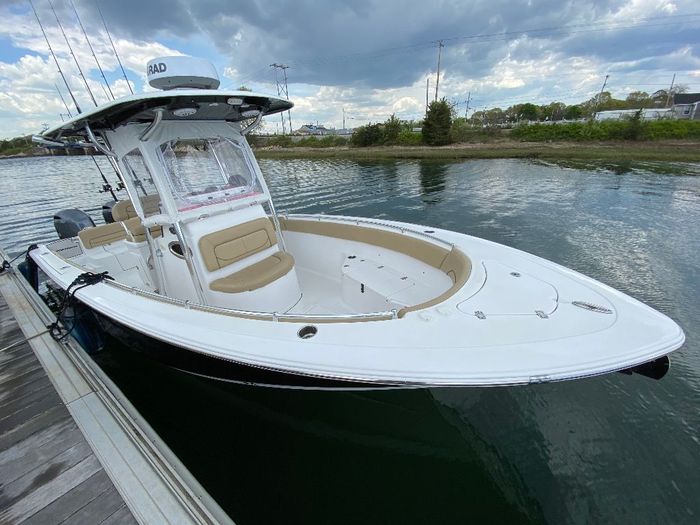
Whether you’re a deckhand hoping for a promotion, a boat owner looking for a way to monetize his passion, or a serious recreational boater, you will find that having a Master Captain’s License gives you more confidence in your boat skills and opens you up to so many possibilities. Holding one requires serious commitment and years of boating experience in different types of water — which you can carry as tangible evidence of your passion and expertise in the field.
But if you’re not quite there yet, we suggest booking a charter boat with a captain who has one — like us at Cape Cod Charter Guys. My mate and I have our Master Captain’s License and have logged years of experience in the diverse water bodies of Cape Cod. On deck with us, you will see that being a Master Captain makes all the difference in your boating experience.

